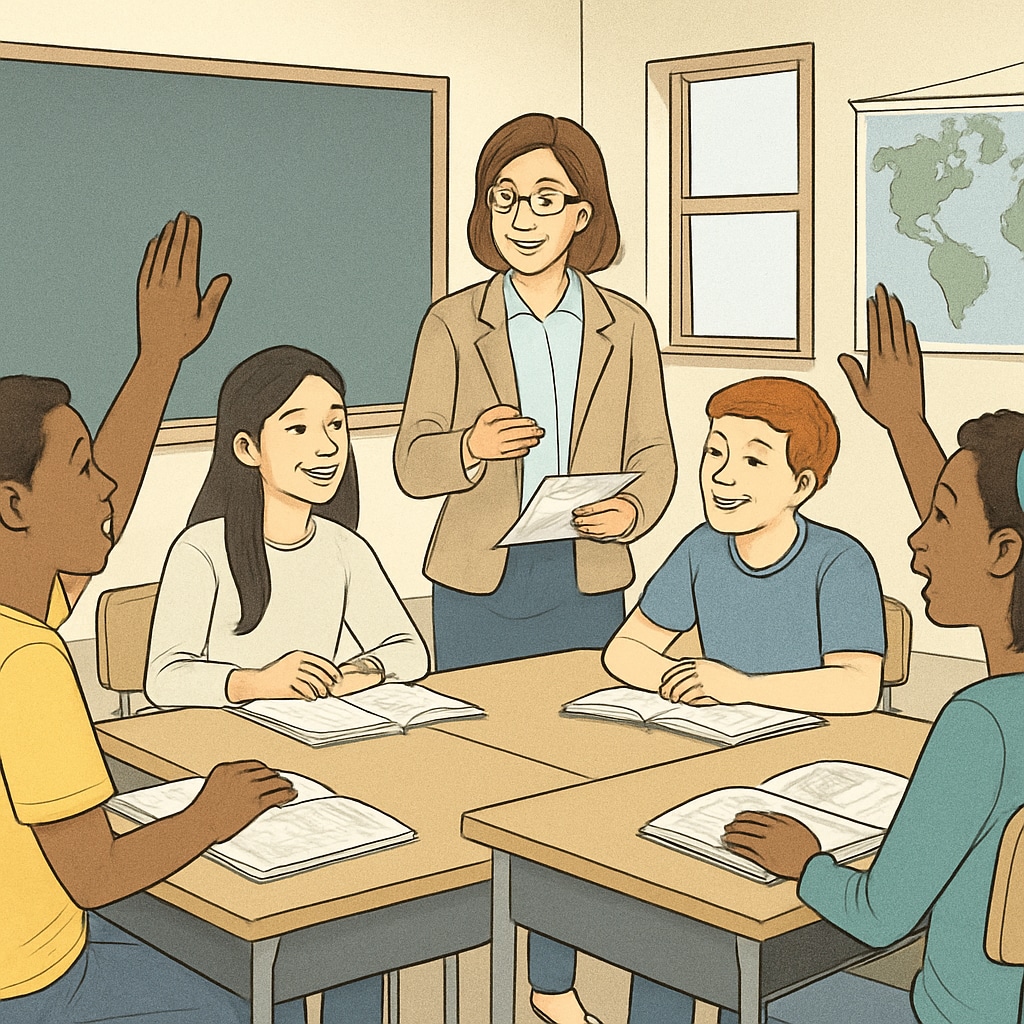Education, critical thinking, personal growth, and diverse perspectives are foundational elements that shape young minds during the K12 years. Beyond academic knowledge, schools play a pivotal role in nurturing ethical values and analytical skills. This article examines how structured learning environments foster lifelong competencies.
The Role of Education in Character Formation
Character development is a silent yet powerful outcome of quality education. Through structured curricula and extracurricular activities, students learn:
- Empathy: Collaborative projects teach teamwork and understanding.
- Resilience: Overcoming academic challenges builds perseverance.
- Integrity: Honor codes and ethical discussions reinforce moral choices.
Research from Britannica confirms that schools act as “social laboratories” for practicing real-world virtues.

Cultivating Critical Thinking Through Learning
Education transforms passive learners into active analyzers. Key methods include:
- Socratic questioning: Teachers prompt students to evaluate evidence.
- Problem-based learning: Real-world scenarios require innovative solutions.
- Debates: Defending viewpoints sharpens logical reasoning.
A Wikipedia study notes that critical thinkers exhibit 23% better decision-making skills in adulthood.

Diverse Perspectives: Expanding Worldviews
Exposure to multicultural content breaks cognitive biases. For example:
- Literature from different cultures fosters empathy.
- History lessons highlight multiple narratives.
- Exchange programs immerse students in new contexts.
As a result, learners develop adaptability—a trait ranked top by the World Economic Forum for future careers.
Final thoughts: Education’s invisible curriculum—character, critical analysis, and open-mindedness—prepares students not just for tests, but for life’s complex challenges. Schools that prioritize these values create citizens who think deeply and act ethically.


